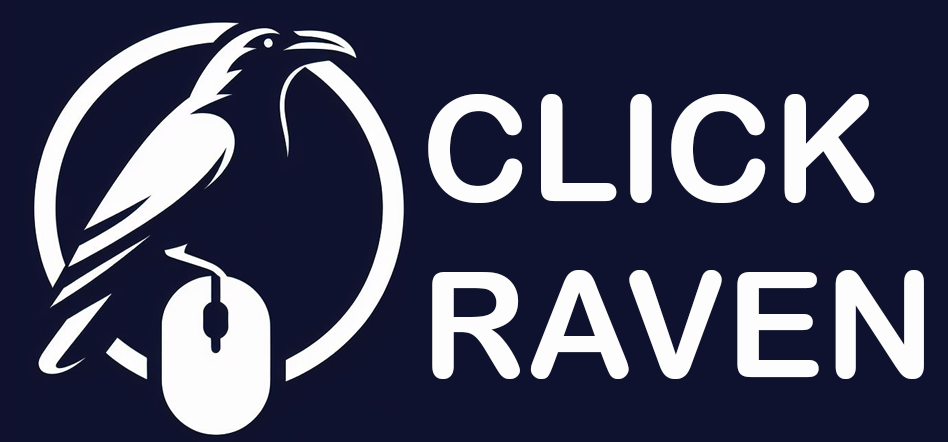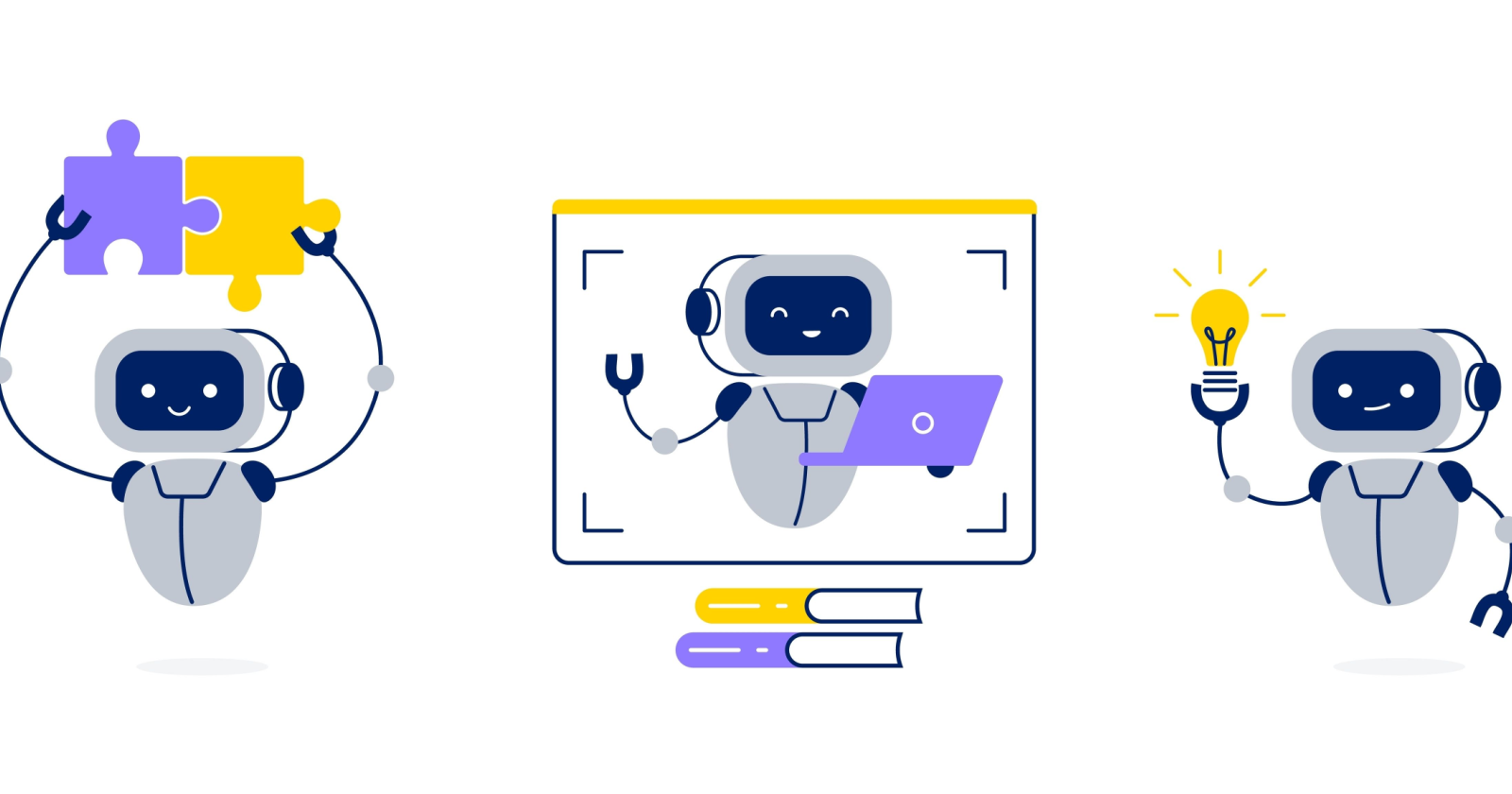The search engine optimization industry stands at pivotal crossroads with the widespread adoption of AI into different industries.
As for your SEO strategy: the question is now whether AI SEO agents are it or not? The answer, is neither simple nor uniform, as we’ll see here.
The global AI SEO software tool market is estimated to reach $4.97 billion by 2033 from $1.99 billion in 2024, indicating massive industry investment and adoption.
In this article, I examine the role of AI in SEO teams, weighing the significant advantages against their inherent limitations.
Traditional SEO vs AI SEO Agents Comparison
The role of SEO professionals is shifting from manual execution to strategic oversight and AI collaboration.
Before AI SEO agents, SEO specialists handled all optimization tasks manually, requiring significant time and expertise across multiple areas.
Here is a comparison of the core traditional SEO roles with what AI SEO agent can do.
| SEO Task | Traditional SEO Approach | AI SEO Agent Capability | Status |
|---|---|---|---|
| Technical Audits | Manual crawling with tools like Screaming Frog, manual issue identification and prioritization | Automated site scanning, instant issue detection, automated fix suggestions | ✅ Fully Automated |
| Keyword Research | Hours of manual research using multiple tools, manual competitor analysis | AI-powered keyword discovery, automated search volume analysis, instant competitor insights | ✅ Fully Automated |
| Content Creation | Manual research, writing, and SEO optimization | AI-generated SEO-optimized content at scale | ✅ Fully Automated |
| Link Building Outreach | Manual prospect research, personalized email writing, relationship management | Automated prospect identification, AI-generated personalized outreach emails | 🟡 Partially Automated |
| Performance Reporting | Manual data compilation from multiple sources, manual report creation | Automated data aggregation, real-time dashboards, AI-generated insights | ✅ Fully Automated |
| Competitive Analysis | Manual competitor research, manual gap analysis | Automated competitor monitoring, AI-powered opportunity identification | ✅ Fully Automated |
| Strategy Development | Experience-based decision making, manual trend analysis | AI-driven strategy recommendations based on data patterns | 🟡 Partially Automated |
| Local SEO Management | Manual GMB optimization, manual citation building | Automated listing management, AI-powered local optimization | ✅ Fully Automated |
| Site Structure Planning | Manual architecture design, manual URL planning | AI-recommended site structures, automated internal linking strategies | 🟡 Partially Automated |
| Crisis Management | Manual algorithm update response, manual penalty recovery | Real-time algorithm change detection, automated recovery recommendations | 🟡 Partially Automated |
Impact of AI SEO Agents on SEO Teams
The integration of AI SEO agents is reshaping the structure, roles, and dynamics of SEO teams across organizations of all sizes.
With a projection of 92 % of companies planning to increase their AI investments within the next 3 years, the implications for SEO professionals remain complex and multifaceted
Transformation of Team Roles and Responsibilities
Senior SEO professionals are evolving into AI strategy managers who oversee multiple agents and ensure alignment with business objectives.
New positions like Quality Assurance Specialists emerge to monitor AI output and maintain brand consistency.
Organizational Structure Evolution
The organizational impact varies significantly by company size.
Small-to-medium businesses can now achieve enterprise-level SEO results with a single professional supported by AI agents.
Large enterprises are developing hybrid models where AI manages routine operations while humans focus on strategy and innovation.
SEO agencies are experiencing the most dramatic changes, either adopting AI-first models to serve more clients with smaller teams or pivoting to high-touch strategic services that complement automation.
Skills Development and Training Requirements
Organizations must invest heavily in team development to succeed with AI integration.
- AI literacy training for all team members.
- Prompt engineering skills to effectively communicate with the AI agents
- Creative problem-solving capabilities
Performance Measurement and Management
Organizations must develop hybrid metrics that fairly assess both human contributions and AI agent performance.
Team management becomes more dynamic, requiring regular optimization of human-AI collaboration patterns and workflow adjustments based on performance data.
Pros of Using AI SEO Agents
- Speed and Efficiency
AI SEO agents can complete tasks in minutes that traditionally took hours or days. Keyword research, content optimization, and technical audits that once required extensive manual work are now automated and instantaneous.
- 24/7 Operation
Unlike human specialists, AI agents work continuously, monitoring rankings, tracking algorithm changes, and implementing optimizations around the clock without breaks or downtime.
- Consistency and Accuracy
Eliminates human error in repetitive tasks like meta tag optimization, schema markup implementation and technical audits, ensuring consistent quality across all site pages.
- Cost Effectiveness
Significantly reduces the need for large SEO teams, lowering operational costs while maintaining or improving output quality and speed.
- Comprehensive Coverage
Can simultaneously handle technical SEO, content optimization, keyword tracking, competitor analysis and reporting without the specialization limitations that human teams often face.
- Predictive Analytics
Advanced AI can forecast trends, predict algorithm changes, and recommend proactive strategies based on historical data patterns.
- Personalization at Scale
Can create personalized SEO strategies for different audience segments, locations or user intents simultaneously across large websites.
Cons: Limitations and Challenges
- Over-Optimization Risk
Without human oversight, AI agents might over-optimize content, creating unnatural keyword stuffing or sacrificing user experience for search rankings.
- Relationship Building Deficiency
Link building and digital PR still require authentic human relationships.
These agents cannot genuinely network, build trust with publishers, or handle complex negotiations that require emotional intelligence.
- Context and Nuance Misunderstanding
AI may miss subtle context clues, cultural nuances, brand voice requirements, or industry-specific considerations that human specialists intuitively understand.
- Ethical Blind Spots
AI agents might engage in manipulative SEO tactics or ignore ethical considerations if they are not well calibrated with the industry guidelines.
- Dependence on Data Quality
Poor or outdated data inputs lead to poor outputs.
They can perpetuate biases, make incorrect assumptions, or fail when encountering scenarios outside their training parameters.
Case Study: Advanced AI Integration
Modern AI SEO platforms like ClickRaven demonstrate sophisticated integration capabilities that illustrate the potential for human-AI collaboration.
ClickRaven AI SEO Agent exemplifies this by understanding entire site structures, building visual topical maps, identifying content gaps, and suggesting semantically relevant internal links.
Such systems show how AI can enhance rather than replace human strategic thinking, enabling teams to focus on high-level strategy while AI handles comprehensive analysis and implementation tasks.
This same principle applies beyond SEO. In high-stakes environments like post-merger integration, automation without context can create more risk than value. The most effective operators combine deep discovery, phased execution, and human judgment with technical systems that scale. For teams navigating complex integrations across CRM, ERP, and operational systems, the focus isn’t speed alone; it’s continuity, adoption, and risk control. To see how this philosophy is applied in practice, you can learn more.
Conclusion
The question of whether AI SEO agents represent the future of SEO teams cannot be answered with a simple yes or no. The evidence suggests a more nuanced reality.
The rapid growth of the AI SEO market, combined with increasing business adoption and continuous technological advancement, suggests that this transformation is accelerating. Already, 85% of marketers use AI tools for content creation.
The most successful implementations combine AI capabilities for data processing and automation with human oversight for strategy, creativity, and quality assurance.

